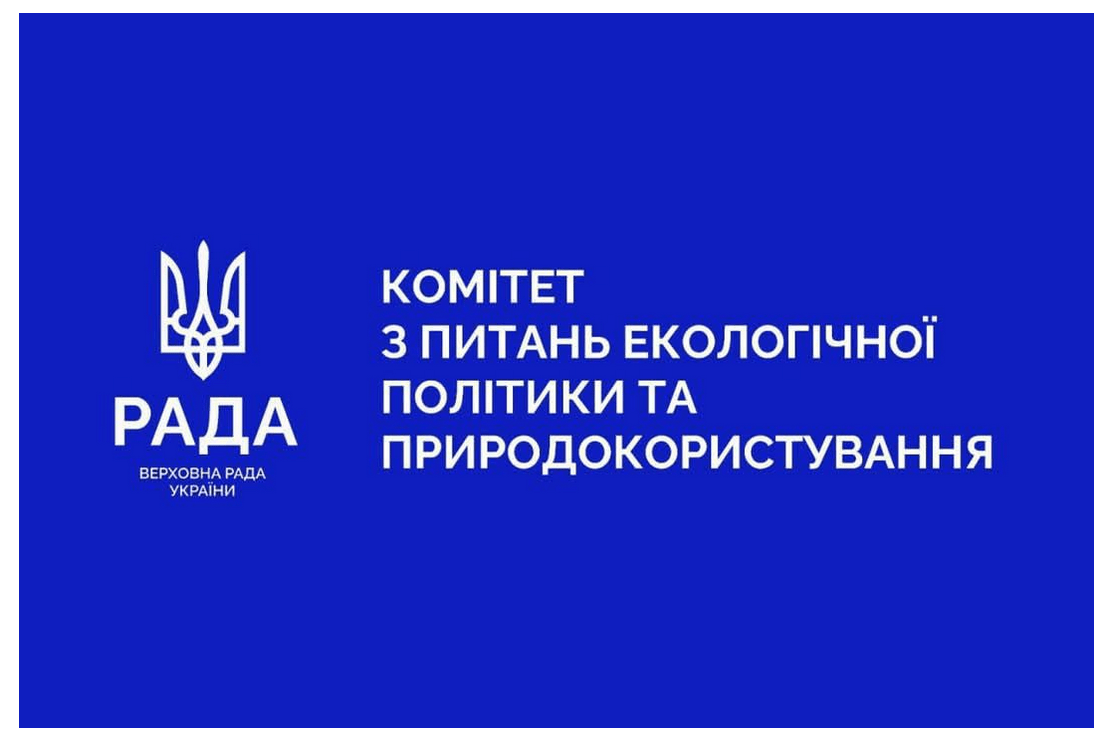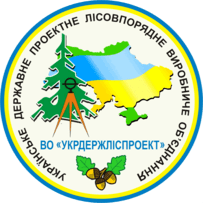On 29 October 2025, the SFI-Project was invited to a regular session of the Committee of the Verkhovna Rada of Ukraine on Environmental Policy and Nature Management. Two items on the agenda were of particular interest: (i) the draft law on the regulation of the timber market (No. 13227-д), and (ii) a decision regarding the implementation of outcomes from the recent SFI Informational Tour to Germany. In addition to members of the Committee and other members of the Verkhovna Rada of Ukraine, representatives of the government, subordinate scientific institutions and NGO´s also participated in the session – altogether more than 50 forestry experts.
With regard to the draft law on the regulation of the timber market, there was an intense discussion between policy makers, representatives of state administration, scientist and NGOs. The arguments ranged from supporting the draft law, particularly the moratorium of round wood exports, to a complete rejection. Supporters referred to threats for sustainable forest harvesting, in case of lifting the moratorium. They also stated that the moratorium is causing advantages for the development of the Ukrainian timber processing industry, beyond the first stages, namely constructions, production of furniture etc.
During this discussion Volker Sasse, SFI Project Leader, referred to the outcomes of the recent SFI Study Tour to Germany. He emphasized EU requirements and mentioned that the timber market – being a regular sector of the national economy – does not require any special legislation. The moratorium on roundwood exports contradicts the clear potential for sustainably increasing removals, for example, through higher volumes of thinning and deregulation, or a moderate reduction of the final cutting age. While the moratorium may offer temporary advantages for the development of Ukraine’s wood processing industry, basic macroeconomic principles suggest that any restrictions on international trade negatively affect the economies of both exporters and importers. Sasse also stressed that the moratorium is not an appropriate tool for addressing illegal logging. “Ukraine should probably focus on deregulating the forestry sector – for instance, with respect to sanitary cutting, the National Forest Inventory (NFI), and the timber market – while at the same time developing effective mechanisms for state control,” he stated. In light of the above, Sasse offered – if desired – to facilitate an independent international analysis of the economic, social, and environmental advantages and disadvantages of the current moratorium on roundwood exports. – The Committee recommend excluding the amendment to the Law of Ukraine “On Environmental Impact Assessment” from the text of the draft law on the regulation of the timber market and to regulate this issue within the framework of a separate, more thorough draft law, as well as to continue consultations with the European Union on extending the ban on the export of fuel wood and unprocessed timber.
With regard to the recent SFI Informational Tour to Germany, Sasse thanked the Head of the Committee of the Verkhovna Rada of Ukraine on Environmental Policy and Nature Management, Oleg Bondarenko and his assistant Victor Simonenko for the appreciation and their efforts to make real use out of the outcomes of the tour in terms of implementations in Ukraine. He welcomed the Recommendations by the Committee on proposals for improving Ukrainian legislation and other initiatives in the field of forestry based on the results of an official visit to the Federal Republic of Germany from 6 to 15 September 2025. Sasse presented preliminary plans for SFI-Project activities in 2026, to be further discussed and presented finally to the SFI Project Steering Groupe for decision making in the beginning of 2026.

